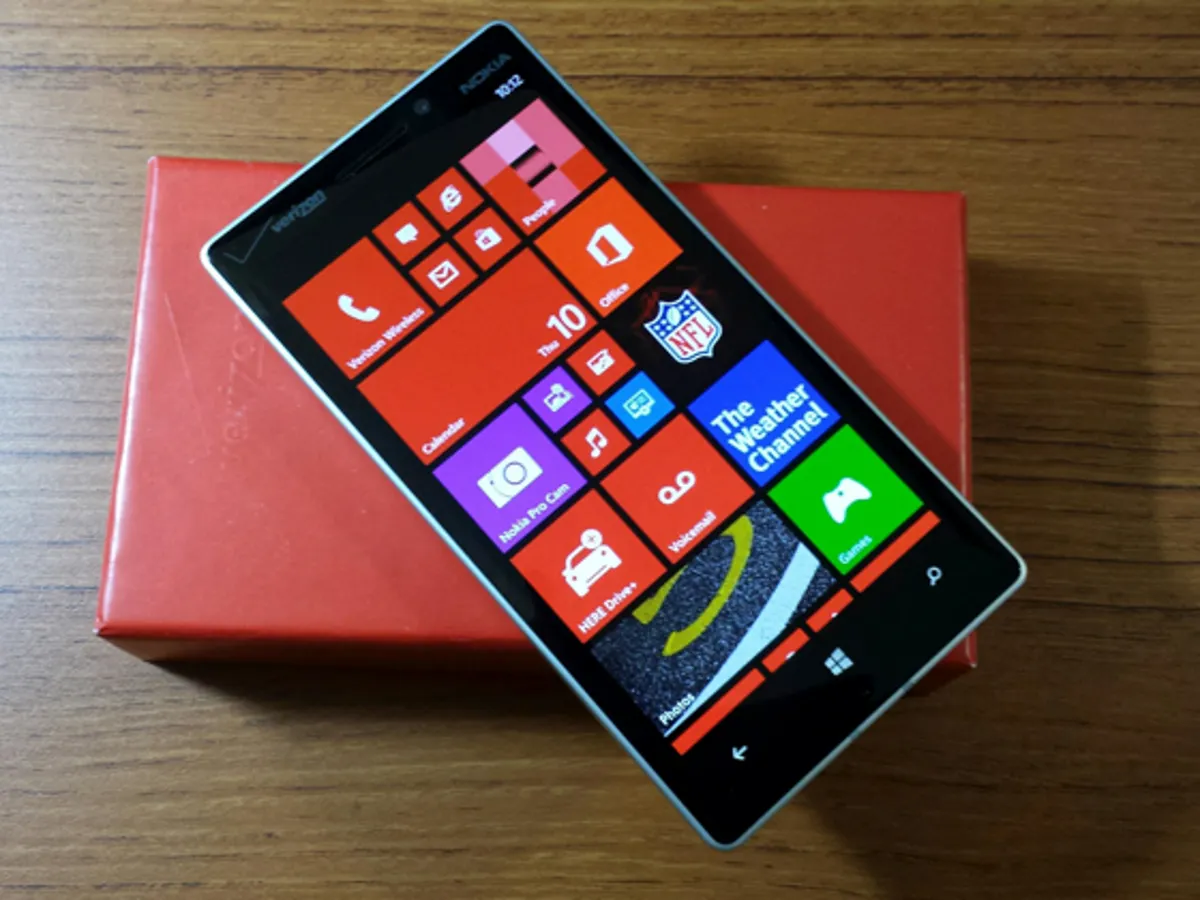Windows Phone was a mobile operating system developed by Microsoft as a successor to Windows Mobile and Zune. It featured a new user interface based on the Metro design language, which aimed to offer a simple and intuitive experience for smartphone users. Windows Phone was launched in October 2010 with much fanfare and optimism, but it failed to gain significant market share and popularity among consumers and developers. In December 2019, Microsoft officially discontinued the support and production of Windows Phone devices. But what were the reasons behind this spectacular failure?
One of the main reasons was the lack of apps. Windows Phone had a very small app store compared to its rivals Android and iOS, which offered millions of apps for various needs and preferences. Many popular apps such as Instagram, Snapchat, YouTube, Netflix, Spotify, etc. were either missing or poorly updated on Windows Phone. This made it hard for users to enjoy their favorite services and content on their devices. Moreover, developers were reluctant to invest time and money into creating apps for Windows Phone because of its low user base and revenue potential
Another reason was the lack of innovation. Windows Phone had some unique features such as Live Tiles, Cortana, Continuum, etc., but they were not enough to attract users who were already used to Android and iOS ecosystems. Microsoft also failed to keep up with the latest trends and technologies in the smartphone market such as dual cameras, fingerprint scanners, wireless charging, etc., which made its devices look outdated and inferior compared to its competitors.
A third reason was the lack of marketing. Microsoft did not do enough to promote its products and brand awareness among consumers. It relied too much on its loyal fans and partners such as Nokia (which it acquired in 2014) to spread the word about Windows Phone. However, this strategy did not work well because most people were unaware or indifferent about Windows Phone’s existence and benefits.
In conclusion, Windows Phone was a bold attempt by Microsoft to challenge the dominance of Android and iOS in the smartphone market but it failed miserably due to various factors such as lack of apps,
innovation, and marketing . Although Microsoft has officially discontinued Windows Phone, it has not given up on mobile entirely. It still offers some services such as Office, OneDrive, Skype, etc., on other platforms and is working on new projects such as Surface Duo and Windows 10X that could potentially revive its mobile ambitions in the future.
Check out what’s new on our YouTube channel. Subscribe to follow for the latest videos and news in the ecosystem.
- YouTube wouldn’t build an app for the Apple Vision Pro, so Someone did! Introducing Juno
- What is Microsoft 365?
- Get to know Norton Genie app?
- Microsoft Copilot on iOS and Android get upgrade
- Microsoft’s new OneDrive design is out now!
- Sudo command comes to Windows 11
- Google has announced that its first cloud region in Africa is now open for business.
- Apple Vision Pro Review
- Apple’s first-party Podcasts app
- What is Amazon presents Diffuse to Choose?

